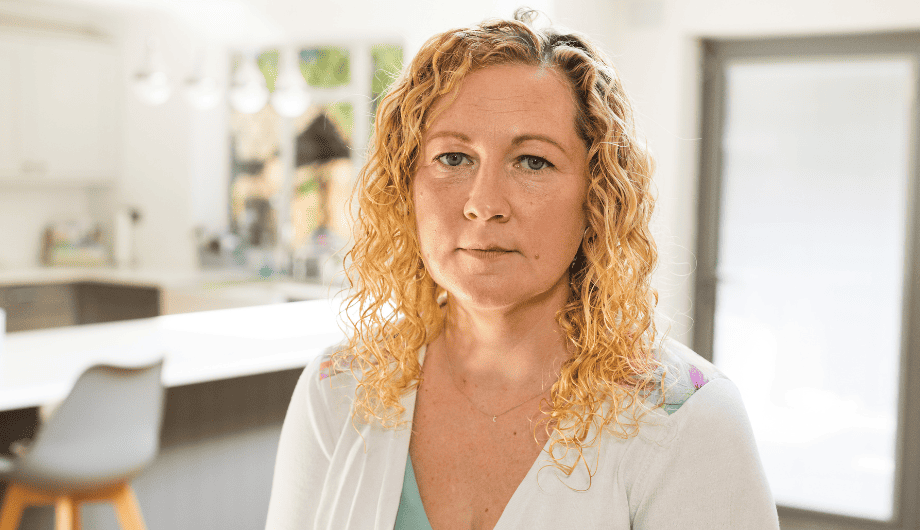
Saïna’s story – A song for my beloved grandpa, Ralph
Saïna opens up about how her grandfather’s dementia has affected her, and how songwriting has provided a release.
It is possible to have not just one but two types of dementia. The most common is a combination of Alzheimer’s disease and vascular dementia. A person with mixed dementia would experience a mixture of the symptoms associated with the types of dementia they have. Mixed dementia is much more common in older age groups, such as those over 75 years.
For Alzheimer’s and vascular mixed dementia the main risk factors are older age, high blood pressure and blood vessel damage in the brain.
Read about the causes of Alzheimer’s and vascular dementia.
Research indicates that mixed dementia is often not recognised and diagnosed effectively, with the person diagnosed as having one type of dementia. As well as an inaccurate diagnosis, this can lead to the diagnosed person missing out on interventions that could be helpful for the unrecognised condition. The symptoms of mixed dementia can vary depending on the part of the brain affected. If the person has two types of dementia the symptoms can be more noticeable and appear to progress more rapidly.
If the symptoms are more suggestive of Alzheimer’s, the person with mixed dementia may be prescribed a type of medication called cholinesterase inhibitors. There are three options: Donepezil, Rivastigmine or Galantamine. However, if vascular dementia is also suspected there is evidence that lifestyle changes and regular monitoring and treatment of blood pressure problems can prevent or slow the progression of the mixed dementia.
Our virtual clinics give you the chance to discuss any questions or concerns with a dementia specialist Admiral Nurse by phone or video call, at a time that suits you.

Saïna opens up about how her grandfather’s dementia has affected her, and how songwriting has provided a release.

Ricky’s talks about how his Gran’s dementia diagnosis impacts his whole family and why he is supporting the ‘We live with dementia’ campaign.

As a carer for her mum, who has vascular dementia, Clare is taking part in our ‘We live with dementia’ campaign to make more people aware of the support our nurses offer.